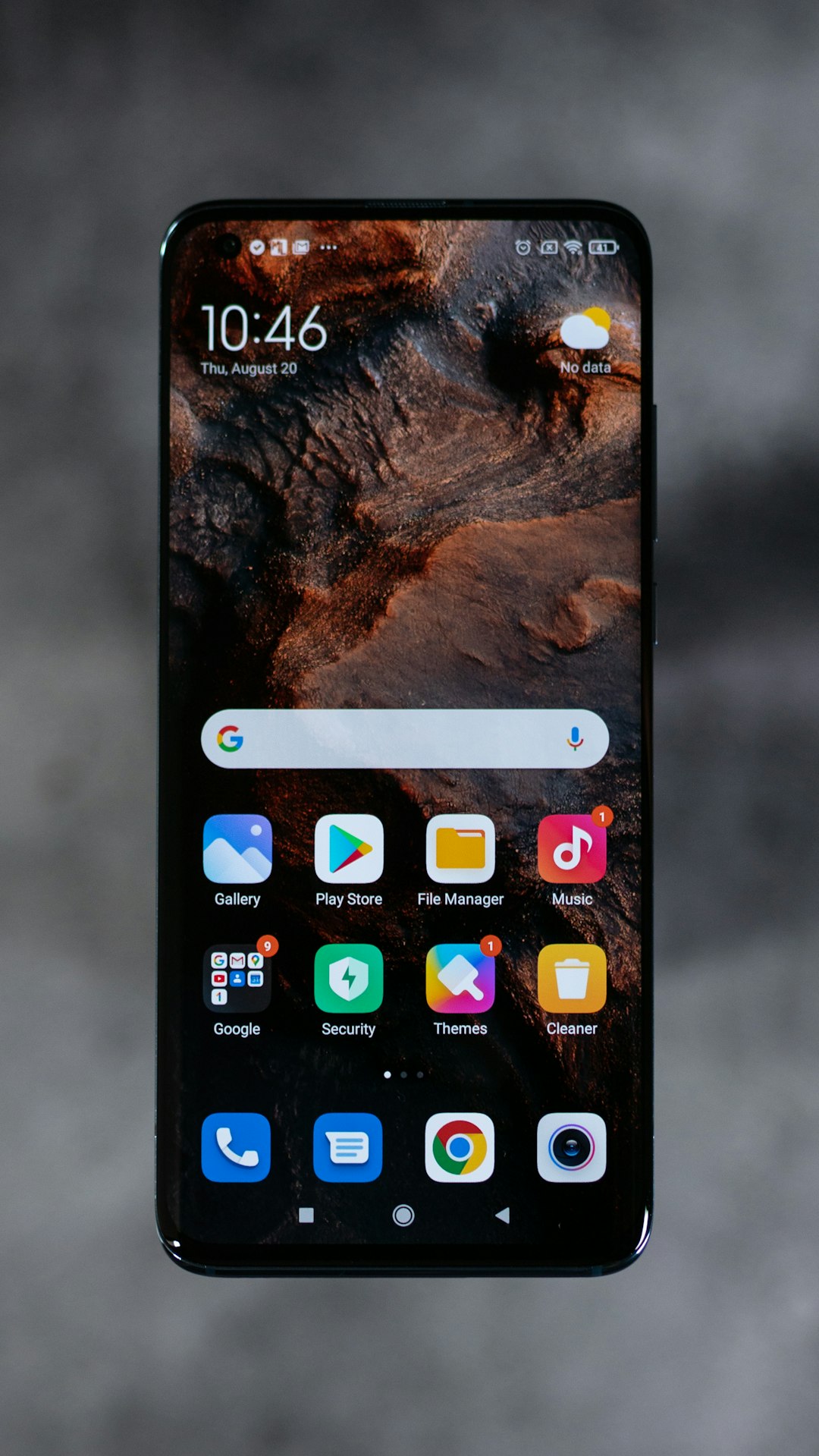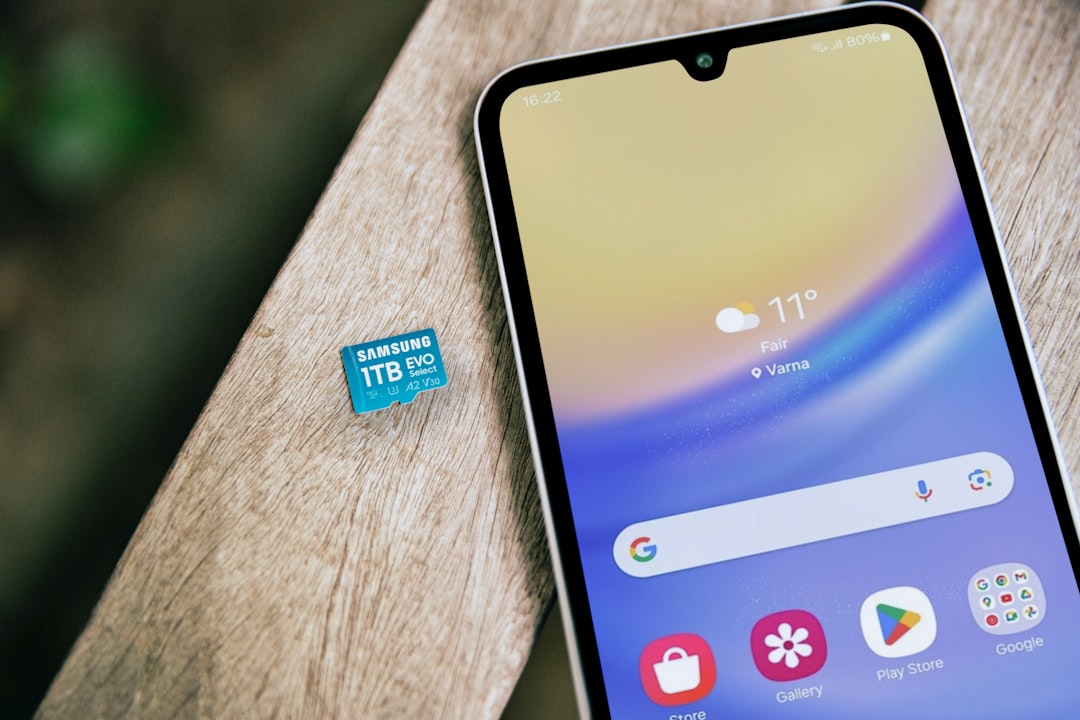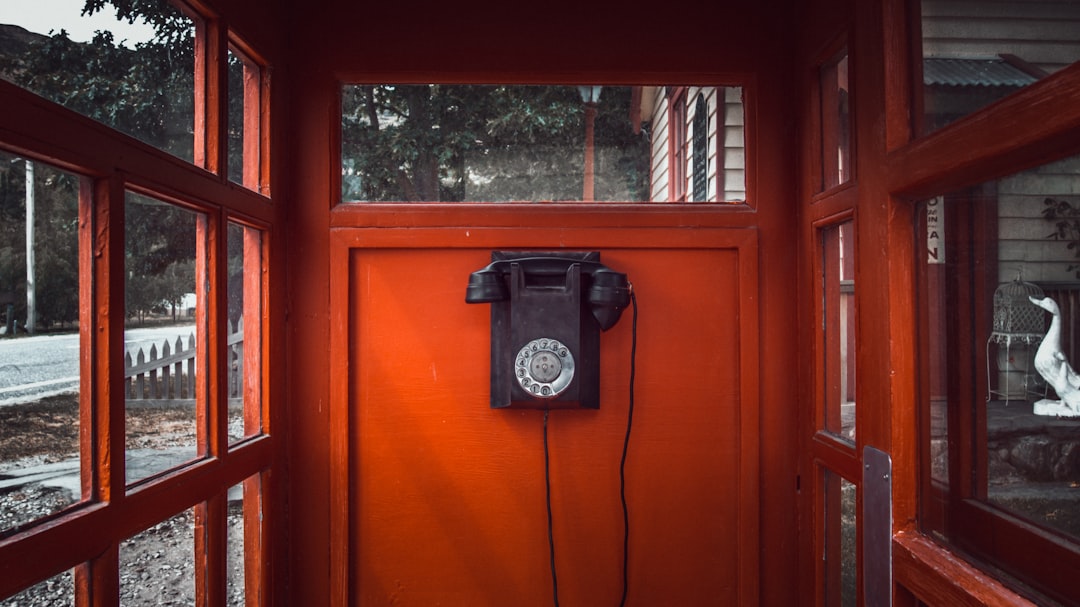Bridgeport, Connecticut, fights spam calls through strict regulations, empowering residents to defend against unwanted prerecorded and automated telemarketing calls from spam call law firms using tools like call-blocking apps, do-not-call lists, community education, and collaboration with local authorities. This multi-pronged approach aims to protect residents and enforce Connecticut's spam call laws effectively.
Bridgeport residents face a growing challenge from relentless spam calls, but there are effective strategies to empower your community. This guide outlines a comprehensive approach to tackling this nuisance. From understanding local spam call laws in Connecticut to identifying targeting law firms, we provide tools for residents to protect their phones. Learn how community action and collaboration with local authorities can create lasting solutions, ensuring a quieter, more peaceful future.
Understanding Bridgeport's Spam Call Laws

Bridgeport, like many cities in Connecticut, has strict regulations in place to combat unwanted spam calls. These laws are designed to protect residents from harassing phone marketing practices and give them tools to defend against relentless sales calls. Familiarizing yourself with these local spam call laws is a crucial first step in empowering your community.
Connecticut’s consumer protection acts prohibit telemarketers from making prerecorded or automated calls to consumers without their prior express consent. This means that if you haven’t given explicit permission for your phone number to be used, firms engaging in spam calls could be violating the law. Understanding these regulations is key to knowing your rights and reporting suspicious activity to the appropriate authorities, helping to keep Bridgeport’s lines free from nuisance calls.
Identifying Legal Firms Targeting Your Community

In Bridgeport, as across Connecticut, residents often find themselves on the receiving end of unwanted spam calls from legal firms. These relentless calls can be a nuisance and even a source of distress. To combat this issue, it’s crucial to empower your community with knowledge about identifying legitimate legal services and distinguishing them from fraudulent or aggressive spam call law firms.
Start by educating your neighbors and friends on how to verify the authenticity of a law firm before providing any personal information. Encourage them to check online reviews, consult state bar associations for accredited attorneys, and be wary of calls that seem too good to be true. By adopting these practices, Bridgeport residents can protect themselves from falling victim to deceptive spam call law firms operating in Connecticut.
Protecting Your Phone: Tools and Apps for Residents

Bridgport residents now have access to various tools and apps designed to protect them from spam calls, a growing concern in today’s digital era. One effective strategy is to utilize call-blocking applications that filter out unwanted incoming calls. These apps often learn by identifying patterns associated with spammer behavior, blocking numbers on the spot or even providing options to report suspected spammers directly from your phone.
Additionally, residents can take advantage of do-not-call lists and registration services offered by Connecticut’s legal authorities. By registering their phone numbers, they can reduce the likelihood of receiving automated spam calls. Many reputable law firms in Connecticut adhere to strict spam call laws, ensuring that residents’ privacy is respected. This combined effort from technological tools and legislative measures empowers Bridgeport’s community to reclaim control over their communication channels.
Community Action: Organizing a Local Campaign

Bridgeport residents can take collective action against spam calls by organizing a local campaign. Start by reaching out to neighbors, community groups, and local organizations to raise awareness about the issue. Host informational sessions or workshops to educate folks on identifying and reporting spam calls, as well as understanding Connecticut’s spam call laws.
Encourage participants to share experiences and strategies for blocking unwanted calls. Collaborate with local businesses and schools to implement best practices, such as installing call-blocking technologies or registering for the National Do Not Call Registry. By fostering a sense of community action, Bridgeport can create a stronger defense against relentless spam calls, ensuring a quieter and safer environment for all residents.
Long-Term Solutions: Collaborating with Local Authorities

To combat spam calls effectively in Bridgeport, long-term solutions require collaboration with local authorities. Engaging with police departments and regulatory bodies is crucial to implement and enforce anti-spam call laws, such as those established by Connecticut state legislation. This partnership can lead to stricter regulations, better tracking of call patterns, and more robust penalties for offenders.
Local governments can organize community meetings and workshops to educate residents about their rights and available resources. By empowering folks with knowledge about spam call law firms in Connecticut and the legal recourse they offer, communities become better equipped to protect themselves. This collective action fosters a safer environment and reduces the nuisance of unwanted calls over time.






